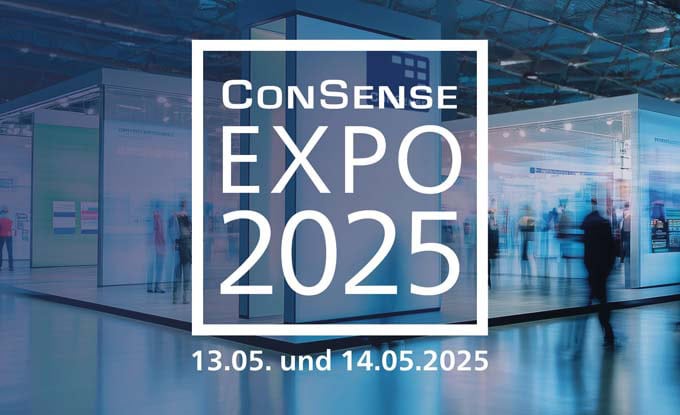Healthcare industry: AI, security and sustainability drive demand for modern IT infrastructure
The adoption of hybrid multicloud in healthcare continues to grow, while the majority of organizations in the industry are significantly increasing their investment in modernizing their IT environments. This is one of the industry-specific findings from the sixth edition of Nutanix's annual Healthcare Enterprise Cloud Index (ECI) survey. With this global survey, the specialist for hybrid multicloud computing measures the spread of cloud use in companies.

According to this year's ECI report, the use of hybrid multicloud models in the healthcare industry will double in the next one to three years. In order to benefit from the possibilities of AI, neutralize security risks and operate more sustainably, the pressure on IT decision-makers at organizations in the healthcare industry to modernize their IT infrastructures is increasing.
The industry processes large amounts of personal health information (PHI). Managing this data in accordance with regulatory requirements, such as the Health Insurance Portability and Accountability Act (HIPAA), is a complex task. As in other industries, healthcare organizations struggle with the complexities associated with migrating applications and data between IT environments. Hybrid multicloud solutions offer them important benefits; helping them to simplify operations, improve the patient experience and increase efficiency in clinics. According to the ECI Healthcare report, the adoption rate of the hybrid multicloud operating model among organizations in this industry has increased by 10 percent year-over-year, from 6 percent to 16 percent. While the deployment of this model has slowed in other industries, the penetration rate in healthcare is now virtually on par with the industry average of 15 percent.
"Healthcare organizations have traditionally been slow to adopt technology. But in the past year alone, we've seen an impressive increase in modernization projects due to AI and the need for data portability," said Scott Ragsdale, Sr. Director, Sales, U.S. Healthcare at Nutanix. "Across industries, 80 percent of respondents plan to invest in modernizing their IT. 85 percent plan to increase their investments with the specific goal of supporting AI initiatives. Healthcare organizations have similar plans and are focused on future-proofing their IT infrastructures to prepare them for the demands of tomorrow - including AI and sustainability."
The survey participants from the healthcare sector were asked about their current cloud challenges and the current and future planned operation of their business applications. This year's key survey results include the following:
- Healthcare organizations have accelerated the adoption of multiple IT operating models and both their current and planned mixed IT deployments are now above the global average. Almost three quarters (73 percent) of the healthcare organizations surveyed said they were using different IT models this year, up from 53 percent a year earlier, when the industry was 7 percent behind the global industry average. Today, it is 13 percent higher.
- Changes and concerns in the areas of security and compliance are the main reasons for companies to choose a different infrastructure for the provision and operation of their applications. An overwhelming majority of respondents from the healthcare sector (98%) - and 95% across all industries - said they had migrated one or more applications in the past twelve months, increasing the need for simple and flexible cross-cloud portability of workloads and applications within organizations. According to the survey, this was triggered in particular by changing requirements in connection with security.
- AI support and workload portability are the main motivations for healthcare organizations' investments in IT infrastructures - and budgets for the coming year reflect these priorities. Respondents from the healthcare industry identified AI and the flexible migration of workloads between private and public cloud infrastructures as the most important factors in their purchasing decisions, with 17% each, followed by the potential performance of infrastructures (14%) and their suitability in terms of data sovereignty and protection (14%).
- There are numerous potential applications for AI in the healthcare sector; respondents see this as both a priority and a challenge. According to the survey participants, AI support is the top criterion when purchasing IT infrastructures in healthcare organizations. According to the survey, the implementation of AI strategies ranks second on the list of priorities for CIOs, CTOs and senior managers in the industry at 17%. 84% of healthcare organizations say they plan to increase investment in AI strategies in the coming year. At the same time, 82 percent see AI operations as a challenge.
- The most frequently cited challenges for IT departments in the healthcare sector are related to the operation of different environments and the topics of security and sustainability. When asked about their biggest challenge in data management, 20 percent of respondents from the healthcare sector cited compliance with data storage and usage requirements and the connection of data across different environments. Data security challenges such as the fight against ransomware and compliance with data protection regulations followed in second place with 17 percent each.
Source: www.nutanix.com









